The Legislation of The Ḥijāb — Commentary From al-Imām as-Sa'dī on Al-Aḥzāb, Āyah 59
﷽
يَـٰٓأَيُّهَا ٱلنَّبِىُّ قُل لِّأَزْوَٰجِكَ وَبَنَاتِكَ وَنِسَآءِ ٱلْمُؤْمِنِينَ يُدْنِينَ عَلَيْهِنَّ مِن جَلَـٰبِيبِهِنَّ ۚ ذَٰلِكَ أَدْنَىٰٓ أَن يُعْرَفْنَ فَلَا يُؤْذَيْنَ ۗ وَكَانَ ٱللَّهُ غَفُورًۭا رَّحِيمًۭا
O Prophet! Tell your wives and your daughters and the women of the believers to draw their cloaks (veils) all over their bodies (i.e. screen themselves completely except the eyes or one eye to see the way). That will be better, that they should be known (as free respectable women) so as not to be annoyed. And Allāh is Ever Oft-Forgiving, Most Merciful.
[Sūrah al-Aḥzāb: 59]
Shaykh ʿAbd al-Raḥmān bin Nāṣir as-Saʾdī - رحمه الله - mentioned in his Tafsīr (Taysīr al-Karīm al-Raḥmān):
This verse, which is called the Āyah (Verse) of Ḥijāb, (in it) Allāh commanded His Prophet to command the women in entirety; and that he begins with his wives and daughters, due to them being more emphasised than other than them. Also because it is befitting for the one commanding other than himself that he begins with his family before other than them, as Allāh, the Most High, said;
يَـٰٓأَيُّهَا ٱلَّذِينَ ءَامَنُوا۟ قُوٓا۟ أَنفُسَكُمْ وَأَهْلِيكُمْ نَارًۭا
O you who believe! Ward off yourselves and your families against a Fire (Hell) whose fuel is men and stones. [Sūrah at-Taḥrīm: 6]
That {to draw their cloaks (veils) all over their bodies} and it is that which is (worn) over the garments from; Milhafah (similar to a cloak), Khimār, Ridā (cloak worn over upper part of the body) and other than them. Meaning, they should cover with it (i.e. with the Jilbāb) their faces and chests.
Then He mentions the wisdom in that, He said:
{That will be better, that they should be known (as free respectable women) so as not to be annoyed} (this) indicated the presence of harm if they do not wear the (Legislated) Ḥijāb. That is because if they don’t wear the Ḥijāb, then perhaps it will be assumed that they’re not chaste women, thus they’re exposed to the one in whose heart is sickness so he harms them. And perhaps they may be looked down upon and be deemed to be slave girls, so the one seeking evil overlooks that they have honour.
Therefore, veiling is a decisive measure (that cuts off) the (corrupt) desire of those that desire them (with evil).
(And Allāh is Ever Oft-Forgiving, Most Merciful) to the point that He forgave you all for what passed (of you not wearing the legislated Ḥijāb [or you not wearing it properly]). And He showed you mercy by clarifying to you the rulings (of Ḥijāb), and He made clear the Ḥalāl (permissible matters) and the Ḥarām (prohibited matters), thus this shut the doors (of Fitnah or harm) from their side (by their act of wearing the Ḥijāb).
─────────
Taysīr al-Karīm al-Raḥmān fī Tafsīr Kalām al-Mannān.
Translation: MiU Editorial

